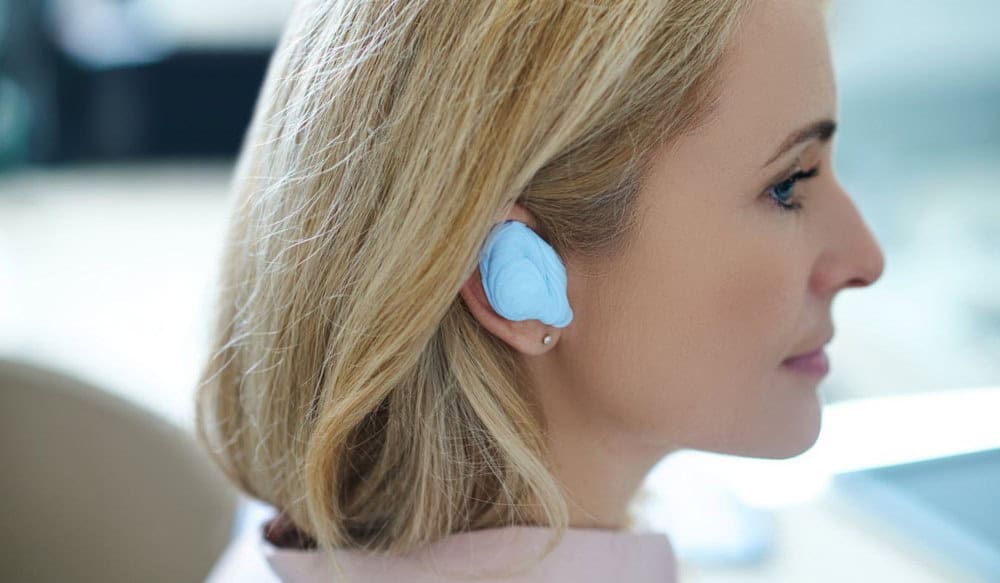How ENT Specialists Manage Chronic Ear Infections
Chronic ear infections can be an issue, affecting your daily activities

It might be surprising to learn that there are somewhere in the region of 50 million Americans who have tinnitus. Of those 50 million, 20 million have chronic tinnitus, and two million have extreme cases.
There are many things that you can do when it comes to dealing with tinnitus. It helps to know a bit more about it.
Tinnitus is a sound that can be heard in the head and ears that doesn't come from an external source. It comes in different forms; it might be whirring, howling, hissing, ringing or a high-pitched humming. It can be distracting and cause a range of other things like insomnia, poor concentration, irritability and insomnia.
It is essential to create a perfect sleep environment. It can be rather tricky to get to sleep when you are surrounded by the silence that usually happens at bedtime. You can create a space that will help you be distracted – but in the right way. Many people find it helpful to have a noise machine in their room. Or use a phone application that has a range of noises, stories and meditation sessions to help you unwind and tune in to something else. Pink noise, white noise, nature sounds, rain and ticking clocks have proven to be very helpful. If you don't find the noise useful, then audiobooks can be perfect for holding attention well, and ideal for lulling people to sleep.
Stress can make tinnitus considerably more difficult to deal with. You can employ a range of things to help you deal with it. If you like the idea of doing something gentle, then yoga or a daily walk can have a positive impact. On from that, many people find that sound therapy helps them a lot too. Working on de-stressing has a positive effect on your whole body.
There a range of sound maskers that you can use to help override the noise that you usually hear from tinnitus. You can work with an ENT doctor to find the right pitches and tones for you to be able to make the most of sound masking. It helps if you manage to find a noise that you also find is relaxing too, so try plenty out.
Tinnitus and hearing loss are closely linked. Many people don't realize the extent of their hearing loss until they speak to an ENT doctor and have further testing. The tinnitus can mask the hearing loss for quite some time. You can help protect your hearing by actively avoiding places that the music or surroundings will be loud for extended periods of time. If you have a job that is loud, then investing in the right hearing protection equipment is going to be a must.
If you do spend time in loud places, then much like every other muscle, your hearing will need to be rested. It is recommended that you rest your ears for up to 16 hours in low volumes, if possible.
It is suggested that possible causes of tinnitus could be environmental factors too. It is known that smoking irritates your ears and if you have tinnitus, you will do well to quit smoking as soon as possible. Alcohol, chewing tobacco and even caffeine can all have an impact. Many people find that replacing some of these items with healthier habits like meditation, mindfulness and walking can improve how much they notice the tinnitus. Of course, this won't work for everyone.
Hearing aids are excellent for amplifying the noise that surrounds you and can provide a great distraction from tinnitus. It will help you focus on things like conversations, music and even the sounds of your sound machines. You can work with your ENT doctor to find the right one for you.
There are occasions where specific medicines can make tinnitus more noticeable, and if that is the case, you'll need to work with your general doctor and your ENT doctor to see if there are medications changes you can make or reduce to get the desired effect.
Your ENT doctor, one who is trained in tinnitus treatment, will be of great assistance to you. They will be up to date with the latest developments, and those breakthroughs are vital for people who have tinnitus. Using a range of therapies, sound machines and perhaps even medication will help to find what works for you. Learn more about ENT Specialists by calling (402) 983-9948.

Chronic ear infections can be an issue, affecting your daily activities

As autumn breezes sweep in, bringing crisp air and vibrant foliage, it’s

Nosebleeds can catch you off guard, appearing suddenly and sometimes